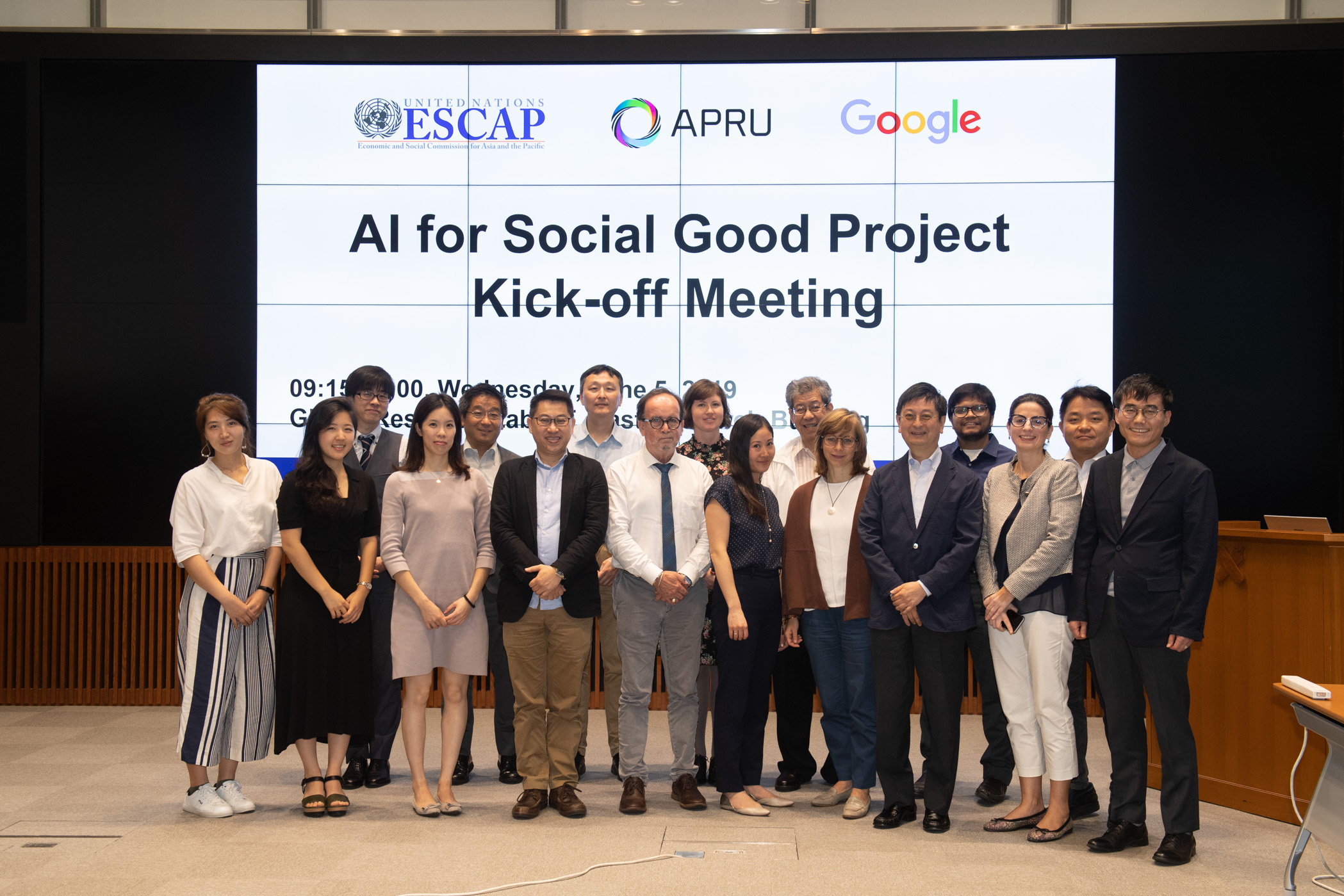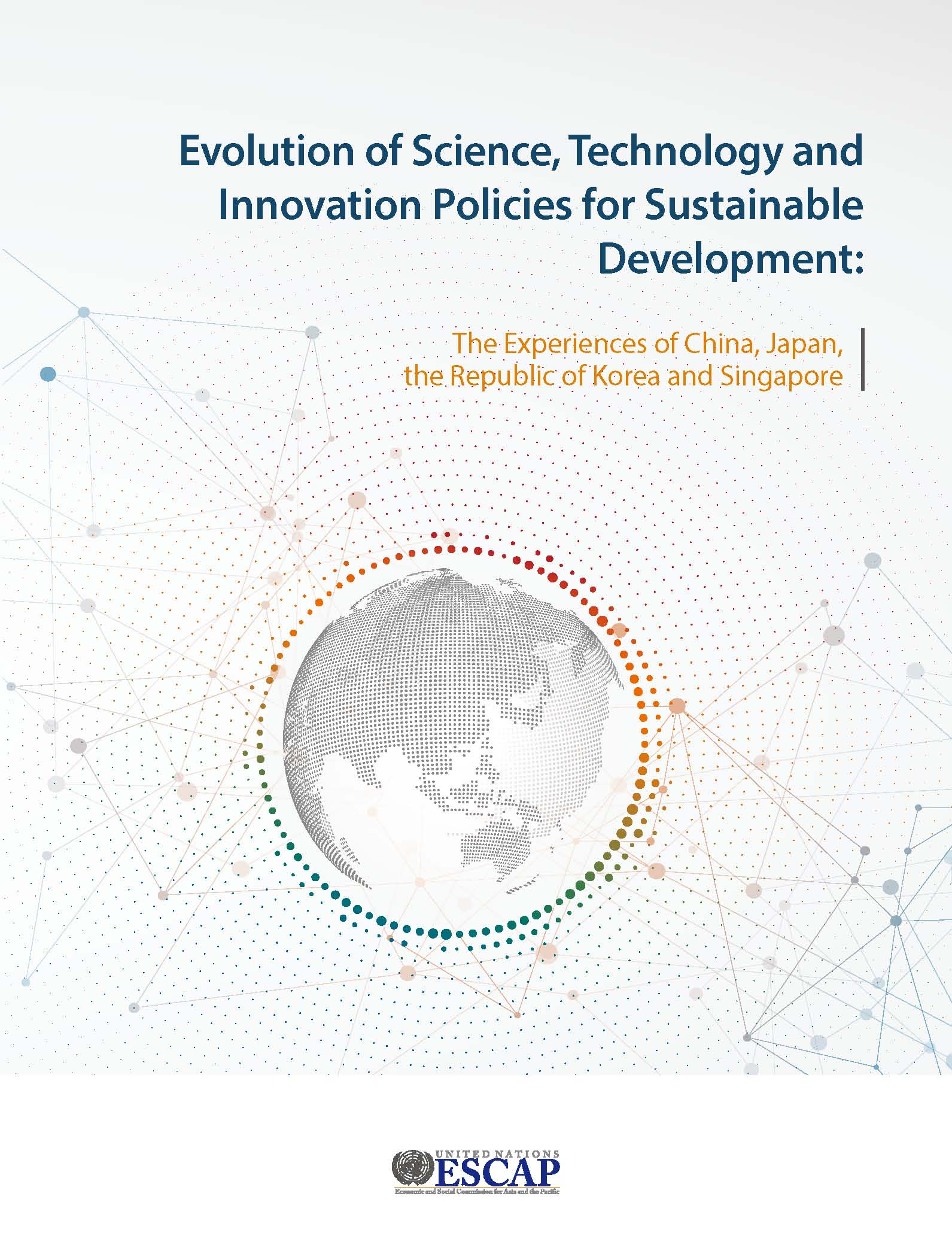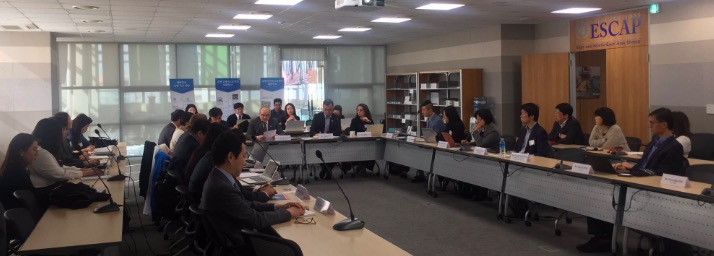AI for Social Good Project Kick-off Meeting
ESCAP’s project with Google and APRU (Association of Pacific Rim Universities) aims to build a network of researchers exploring AI for social good that can conduct research relevant for policy makers. As part of this partnership, 8 research projects are being sponsored.




